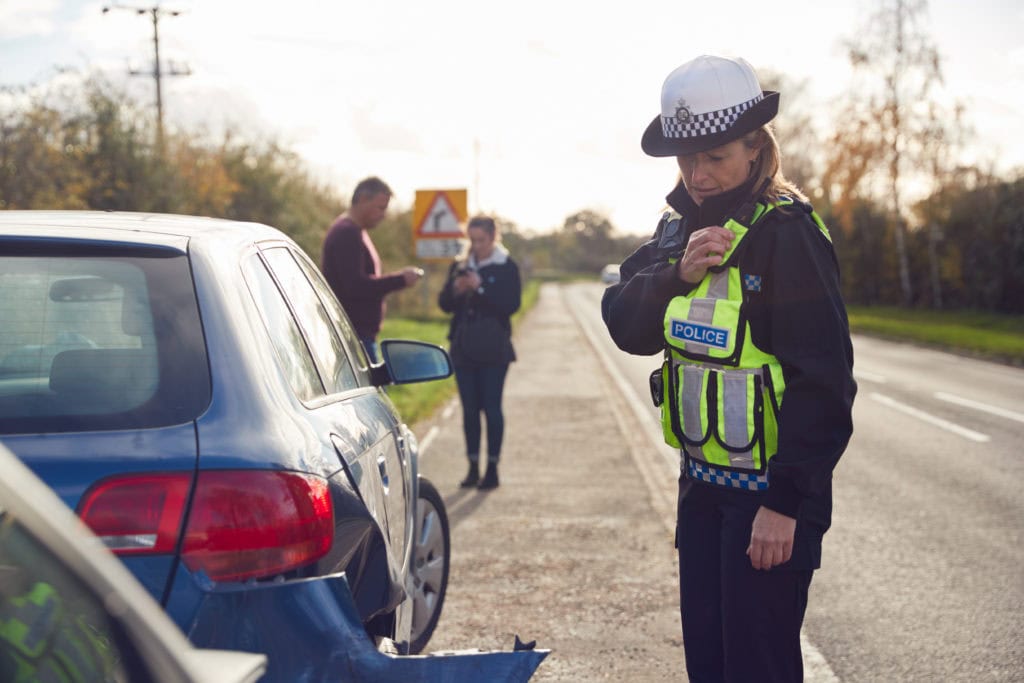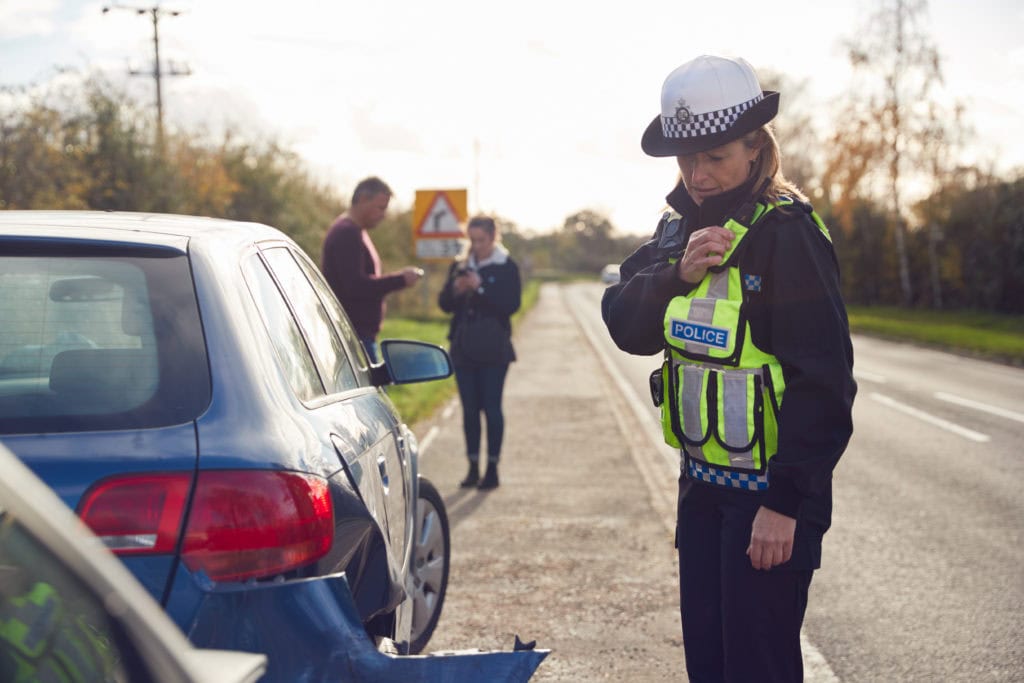Alberta’s Bill 29: An Act to Reduce Cannabis and Alcohol-Impaired Driving


The Province of Alberta is set to largely decriminalize impaired driving with the introduction of new legislation, Bill 29. This anticipated decriminalization follows an Alberta Court of Appeal decision that found the existing impaired driving laws unconstitutional. The decision was based on the fact that it was considered unconstitutional to tie the suspension of a driver’s licence to the outcome of the accused’s court case.
The Alberta Court of Appeal, in particular, struck down the section of the province’s Traffic Safety Act. This act allowed for immediate and mandatory suspension for anyone charged with impaired driving. The Court ruled that this was a violation of the Canadian Charter of Rights and Freedoms because these laws ignored the presumption of innocence and the right to a fair trial before any punishment was imposed.
The Alberta government has decided not to appeal this ruling and has instead proposed Bill 29. Bill 29 will significantly change the way impaired drivers are policed and prosecuted in Alberta. It will largely decriminalize impaired driving, granting police officers the discretion to charge those who blow over the legal limit with a criminal offence or not.
Given these proposed changes and the potential impact on impaired driving cases, it’s important for individuals facing such charges to seek advice from an impaired driving lawyer who can provide expert insight into the implications of Bill 29 and navigate the evolving legal landscape effectively.
Administrative Sanctions for First-Time Offenders
Under the proposed Bill 29, it’s expected that first-time offenders are more likely to face administrative sanctions as opposed to criminal offence charges. This differs from previous situations where such sanctions for those convicted of impaired driving were tied to their criminal charges.
License Suspension without Criminal Conviction
Should drivers blow over the legal limit under the jurisdiction of Bill 29, their licenses will be suspended for three months. Notably, this can happen without them being convicted of any criminal offence. Afterwards, these drivers might have the chance to reclaim their licenses, given that they agree to join the interlock program for a year.
Implementation of the Interlock Program
The interlock program is aimed at ensuring the sobriety of drivers. It obliges drivers to blow into a device attached to their vehicle. If a driver chooses not to participate in the interlock program, they would face an additional suspension period of 12 months for their licence.
Interestingly, Bill 29 does not directly address criminal charges. This absence is being interpreted as a means to allow the province of Alberta to decide on whether to levy criminal charges on those accused of impaired driving.
Concerns and Criticisms
Critics and skeptics however have their concerns. Despite the proposed laws appearing advantageous to those accused of impaired driving, critics argue that the proposal doesn’t respect the presumption of innocence. They contend that allowing police officers to charge, try, and convict at the side of the road is unconstitutional as it doesn’t allow the accused due process.
Addressing Marijuana Legalization and Fines in New Impaired-Driving Legislation
Proposed Penalties for Marijuana Impaired Driving
This new impaired-driving legislation addresses the anticipated legalization of marijuana. It proposes a maximum fine of $1,000 for a blood test that is positive for two to five nanograms per millimetre of tetrahydrocannabinol (THC). Also, a minimum fine of $1,000 would be imposed for a first-time conviction with a reading above five ng/mL.
Criticisms of THC Blood Test Thresholds
Yet again, critics express skepticism. They opine that the effects of marijuana can vary significantly depending on individuals’ tolerance and usage. Therefore, these measurements seem arbitrary as there is no direct correlation between the number of nanograms and the degree of impairment. They also note that while the .08 blood-alcohol limit seems to be a more solid assessment of impairment, it does not address the possibility of false readings due to faulty roadside testing equipment.
The Bill seems to be financially motivated as currently, impaired driving prosecutions take up 40 percent of the trial time in provincial court. Many are offended by the fact that those accused of impaired driving will be automatically deemed guilty without a trial or any meaningful appeal process. The potential impact of the Court of Appeal’s decision on future legal challenges remains to be seen.
Facing Impaired Driving Charges? Protect Your Rights Today
Bill 29 has changed how impaired driving is enforced in Alberta, allowing police to impose administrative penalties instead of pursuing criminal charges. While this streamlines enforcement, critics argue it may undermine due process and violate Charter rights. The law also introduces THC blood concentration limits despite concerns that THC levels don’t always indicate impairment.
If you’re facing impaired driving charges related to alcohol or cannabis, securing experienced legal representation is crucial. Our criminal lawyers in Toronto can help you understand your rights, challenge the evidence, and fight to protect your driving privileges. Contact us today for a confidential consultation.

Jonathan Pyzer, B.A., L.L.B., is an experienced criminal defence lawyer and distinguished alumnus of McGill University and the University of Western Ontario. As the founder of Pyzer Criminal Lawyers, he brings over two decades of experience to his practice, having successfully represented hundreds of clients facing criminal charges throughout Toronto.




